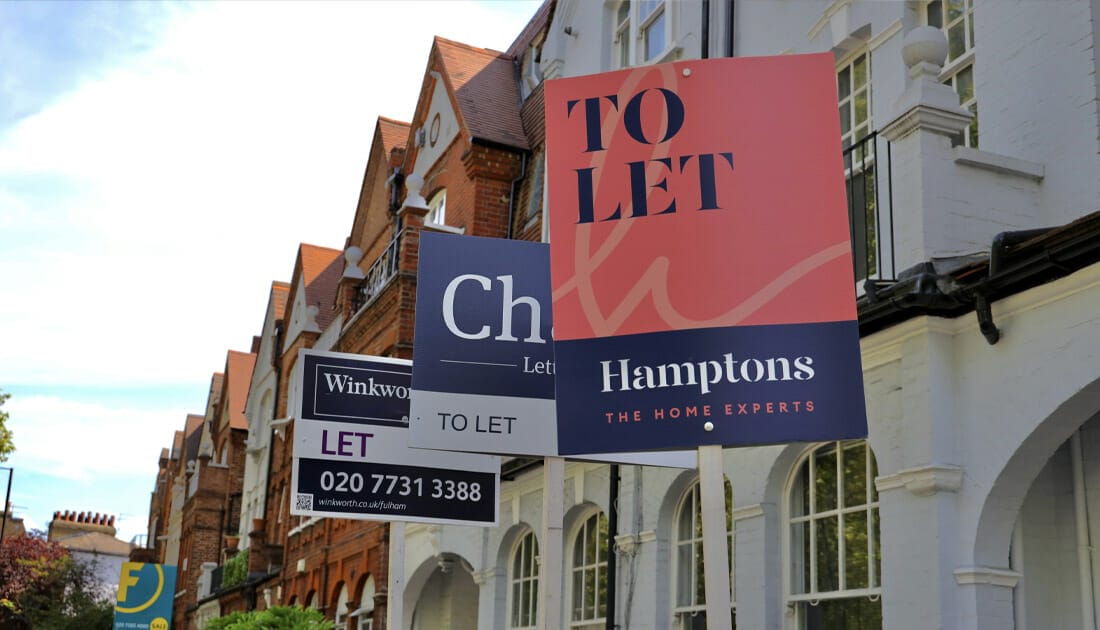
Buy To Let, Property News
Rental Reform White Paper – What it Means for Landlords
The government has described the proposed reforms as the biggest change to law for tenants and landlords in a generation.
Most of the measures included in the “Fairer Private Rented Sector White Paper” were announced last month as part of the Queen’s Speech. However, a new headline policy making it easier for tenants to keep pets has also been included.
Here’s an overview of the main reforms:
- landlords will need to have a “good reason” to not let tenants have a pet in their home
- if landlords do refuse pets, tenants can challenge their decision
- landlords will be able to require that renters get insurance to cover property damage caused by pets
- the Decent Homes Standard (currently used in social housing) will be extended to private rental homes
- Section 21 evictions will be scrapped – tenancies will only end if a tenant ends it or a landlord has a valid reason, defined in law
- landlords will no longer be able to have a blanket ban on renting to families with children or those who receive benefits
More measures have been announced, such as:
- all tenants will be moved onto a single system of periodic tenancies. This means they can leave poor quality housing without having to pay the rent or move more easily when their circumstances change
- notice periods for rent increases will be doubled, giving tenants stronger powers to challenge them if they’re unjustified
- councils will have more powers to tackle criminal landlords, with increased fines for serious offences
- a Private Renters’ Ombudsman will be created to resolve disputes between tenants and landlords without the need to go to court
- landlords will be able to gain possession of their properties from anti-social tenants and can sell them when they need to
- a new property portal will help landlords understand their obligations and give tenants “performance information”
Pets in lets – an unexpected rental reform
The announcement that it’ll be easier for tenants to keep pets was unexpected as it’s not previously been mentioned as a rental reform.
However, in recent years there have been various attempts by MPs to stop landlords from being able to refuse animals in rental properties.
It’s estimated that just seven per cent of landlords advertise their properties as being pet-friendly, and the government says would-be pet owners are being “unfairly deprived” of the companionship of having an animal.
The Cats Protection charity estimates there are one million households who would like to own a cat but can’t because they rent.
Meanwhile, the latest research from The Deposit Service shows that not being able to keep a pet is the most common reason for tenants moving between properties.
This year, almost a third (30 per cent) of tenants who moved home said they did so to accommodate a pet, rising from seven per cent last year and making it the most common reason for moving.
A long time coming – when could rental reforms be introduced?
The introduction of rental reforms have been delayed several times due to the Covid-19 pandemic. However, earlier this year they were put back on the agenda when they were included in the government’s Levelling Up White Paper and the Queen’s Speech.
Plans to end Section 21 evictions and introduce an ombudsman for the rental sector have been around since 2019, while the government has been carrying out a review of the Decent Homes Standard since November 2020.
The government says it’s hoping to introduce a Renters Reform Act before March 2023.
Before then, it’s likely there will be consultations and the measures will need to be approved in both the House of Commons and the House of Lords.
Housing Secretary Michael Gove commented: “For too long many private renters have been at the mercy of unscrupulous landlords who fail to repair homes and let families live in damp, unsafe and cold properties, with the threat of unfair ‘no fault’ eviction orders hanging over them.
“Our new deal for renters will help to end this injustice by improving the rights and conditions for millions of renters as we level up across the country and deliver on the people’s priorities.”
How can landlords prepare for rental reforms?
It’s important for landlords to read the government’s white paper to get a full understanding of all the proposals and how they’ll work.
For some landlords, the reforms could mean needing to revise their tenancy agreements or listing policies, while others may have to make improvements to their properties.
A professional letting agent or legal specialist in the rental sector could help you to identify any changes you’ll need to make and answer your questions about how the reforms could affect you.
Find out how you can alleviate the stress and headaches of being a private landlord by investing in our UK property portfolio. Fill in the form below for more information.


